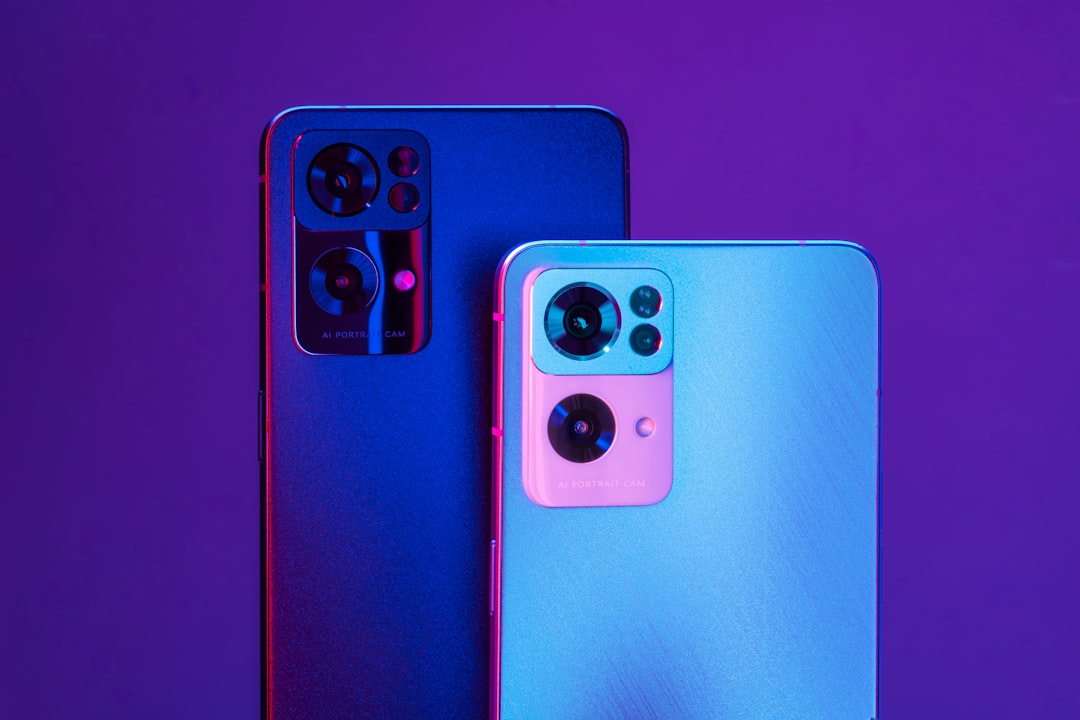Robocalls are a growing problem in New Jersey, with many residents receiving unsolicited pre-recorded messages. While some calls are legal, many are illegal, prompting New Jerseyans to seek help from specialized lawyers for robocall laws. The state has robust regulations, including the Telephone Consumer Protection Act (TCPA), to combat these intrusions. Anti-robocall apps like TrueCall and Hiya offer protection but should be paired with legal advice for comprehensive coverage. In New Jersey, selecting an app tailored to your needs is essential, considering call types and blocking methods, while consulting a telecom lawyer ensures compliance with local robocall laws in New Jersey.
In today’s digital era, New Jersey residents face an increasing number of unwanted robocalls. These automated calls, often from telemarketers or scammers, can be a nuisance and even pose significant risks. Understanding the legal frameworks in place is crucial, as New Jersey has specific laws to combat these calls. This article explores top anti-robocall apps tailored for NJ residents, offering guidance on how to choose the best solution to protect against unwanted calls, ensuring peace of mind with the help of legal expertise from a lawyer for robocall Laws New Jersey.
Understanding Robocalls and Their Impact in New Jersey

Robocalls have become a widespread nuisance across New Jersey, with many residents receiving unsolicited calls from automated systems daily. These pre-recorded messages, often promoting products or services, can be frustrating and intrusive. While some robocalls are legal, such as those from political campaigns or non-profit organizations, many New Jerseyans find themselves on the receiving end of illegal robocalls, which have significant implications.
In New Jersey, a lawyer for robocall issues can help individuals navigate the complex regulations surrounding these calls. The Telephone Consumer Protection Act (TCPA) restricts the practices of automated telemarketing and requires caller ID disclosure. However, despite these laws, unscrupulous callers continue to target residents, leading to increased stress and potential financial loss. A legal expert in this field can guide victims through their rights and options, ensuring they are protected from unwanted and illegal robocalls.
Legal Frameworks and Regulations Against Robocalls in NJ

New Jersey has implemented robust legal frameworks and regulations to combat robocalls, providing residents with protections against unwanted automated calls. The state’s laws are designed to hold call centers and telemarketers accountable for their practices, ensuring that citizens can enjoy peace of mind when it comes to their phone privacy.
In terms of regulation, the New Jersey Attorney General’s Office plays a pivotal role in enforcing laws related to robocalls. They actively monitor and take legal action against companies found guilty of making illegal or intrusive automated calls. This includes seeking damages on behalf of affected residents and imposing fines on violators. Additionally, New Jersey follows the federal Telephone Consumer Protection Act (TCPA), which sets guidelines for consent and restricts the use of automated dialing systems for telemarketing purposes without prior explicit permission from recipients. Seeking legal advice from a qualified lawyer for robocall in New Jersey can help individuals understand their rights and take appropriate actions against persistent or illegal robocalls.
Top Anti-Robocall Apps for New Jersey Residents

In today’s digital era, the constant barrage of robocalls has become a nuisance for many New Jersey residents. Fortunately, several anti-robocall apps have emerged as game changers, offering much-needed relief from unwanted calls. These applications leverage advanced technology to identify and block spam calls, ensuring users enjoy a quieter, more peaceful communication experience.
When it comes to choosing the best anti-robocall app for New Jersey residents, several stand out. Apps like TrueCall, Hiya, and NoMo Robocalls are highly regarded for their robust features. These apps not only block known robocallers but also learn and adapt over time, using machine learning algorithms to recognize and filter out new spam patterns. For those seeking legal recourse against relentless robocalls, connecting with a lawyer specializing in robocall laws in New Jersey can provide additional protection and peace of mind.
How to Choose the Best Anti-Robocall Solution for Your Needs

Selecting the optimal anti-robocall solution is a personal choice that depends on your unique needs and preferences. In New Jersey, where robocalls can be a persistent nuisance, finding an effective remedy is paramount. Consider these factors to make an informed decision: first, evaluate the types of calls you primarily want to block—marketing or telemarketing calls from specific numbers or all unknown incoming calls. Some apps excel at identifying and filtering marketing robocalls while allowing personal calls through, whereas others may focus on blocking all unsolicited communication.
Second, look into the app’s call-blocking capabilities. Do they use blacklists or advanced AI algorithms to recognize and block robocalls? AI-powered solutions often learn from your blocking patterns and can adapt over time, enhancing their effectiveness. Additionally, check for features like call screening, voicemail transcription, and do-not-disturb modes, which offer extra layers of protection. If you’re concerned about missing important calls from friends or family during work hours, consider a solution that allows personalized number whitelisting. Remember, the best anti-robocall app is one that seamlessly integrates into your daily routine and provides peace of mind against unwanted interruptions. For legal assistance regarding robocalls, consulting with a New Jersey lawyer specializing in telecom regulations can offer valuable insights.






